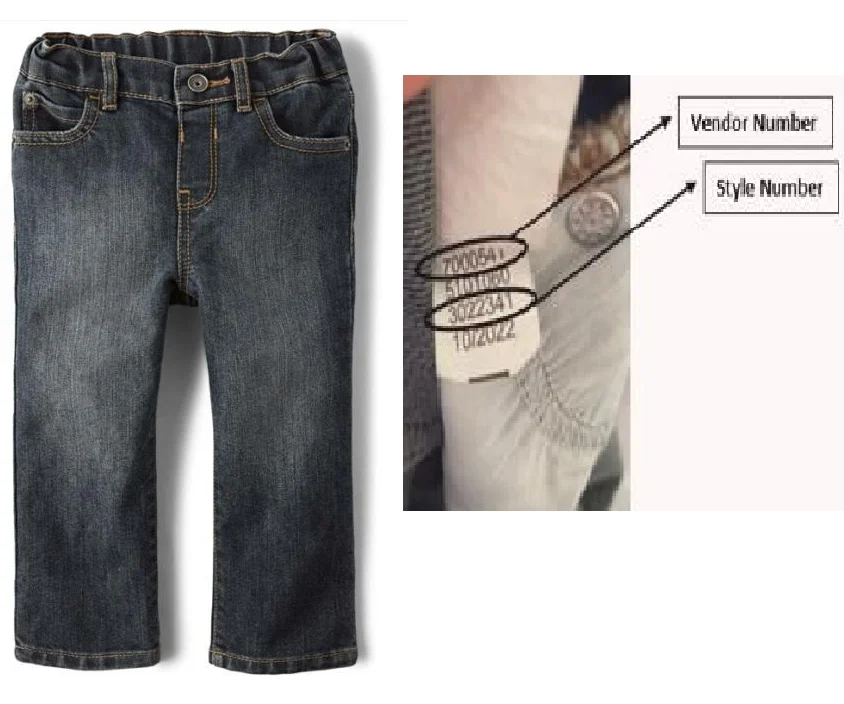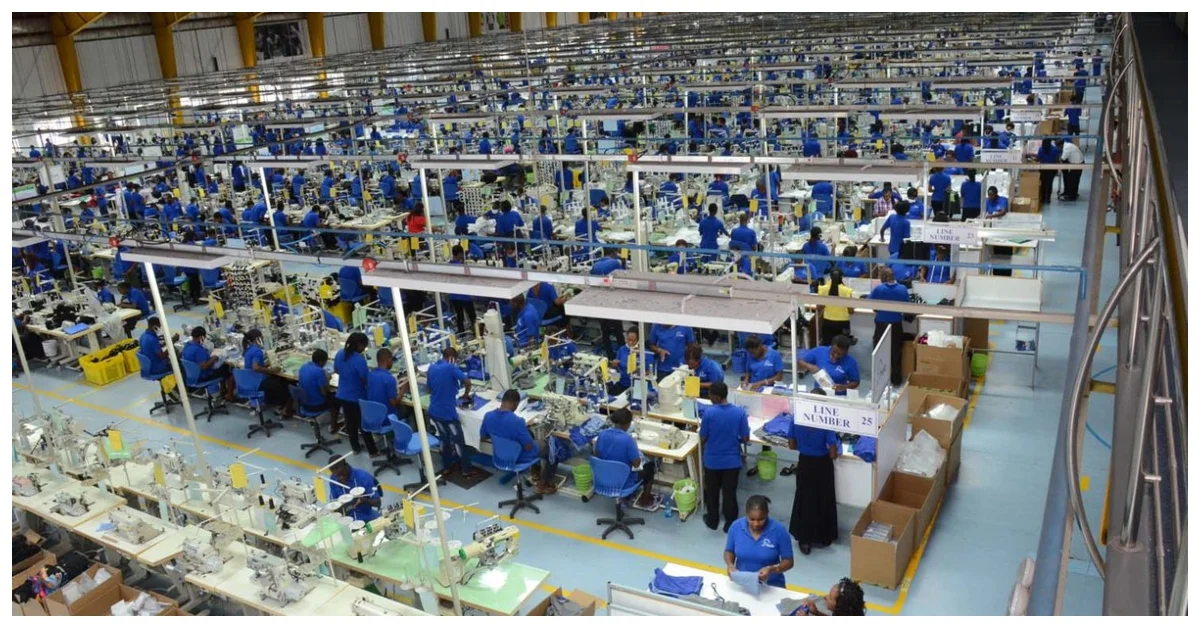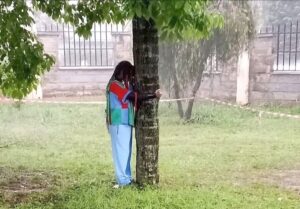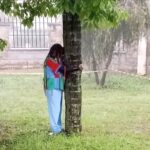The US Consumer Product Safety Commission (CPSC) has announced a recall of a substantial batch of baby jeans manufactured in Kenya and sold through American retail channels. This recall is prompted by identified safety issues and potential hazards linked to manufacturing flaws.
The recall pertains to specific features within the clothing, specifically metal snaps that have demonstrated the potential to detach and pose a choking hazard to infants and toddlers. Consequently, retailers have been instructed to communicate with purchasers of these items to facilitate their return, addressing the underlying safety concerns.
Of the total units subject to recall, 97,400 pairs were distributed and sold in the US market, while the remaining 1,800 pairs were marketed in Canada.
The retail price of these “Dustbowl Wash” and “Telford” jeans, exclusively available through The Children’s Place stores, was set at approximately $25 (Ksh3, 602) per pair. Sales of the former occurred from September 2022 to March 2023, while the latter was sold from January 2023 to June 2023.

These jeans are produced within Kenyan garment companies situated in Export Processing Zones (EPZs) located in Nairobi and Machakos counties. The garments are exported under the African Growth and Opportunity Act (AGOA), a framework that affords preferential access to the US market for African garment manufacturers.
This incident highlights the ongoing efforts led by Trade Cabinet Secretary Moses Kuria to strengthen Kenya’s textile sector. The AGOA-empowered textile export market stands as one of Africa’s largest, providing substantial employment opportunities within EPZs operating across various regions of Kenya.
Secretary Kuria remains optimistic about the sector’s growth trajectory and is actively advocating for a free-trade agreement with the US before the AGOA arrangement expires in 2025.
Read Also: Kenya Intends to Increase Its Exports to South Korea
Additionally, he has articulated his commitment to nurturing local garment production through enhanced taxes on imported clothes, particularly second-hand garments colloquially known as “mitumba.”
However, a 2022 study underscored the challenges faced by local garment manufacturers, as a mere 5% of Kenyan consumers opt for domestically-made attire. The primary factor contributing to this trend is the cost, influenced in part by expensive raw materials like imported cotton, which impact production expenses.
In Canada, the Canada Consumer Product Safety Act has taken stringent measures to prevent the redistribution, sale, or gifting of recalled items, in a bid to uphold the nation’s reputation.
Subscribe to Switch TV for more content.
This recall emphasizes the critical importance of rigorous quality control standards within the garment industry, particularly when catering to vulnerable demographics like infants and toddlers.
















